CONSTRUCCIÓN
Estamos construyendo la página de OPANAL
Esta página se encuentra en renovación. Próximamente estará disponible con contenidos alineados a los objetivos institucionales del OPANAL. Para mas información favor de enviar un correo a opanal@opanal.org
We are building the OPANAL website
This page is currently under renovation. It will soon be available with content aligned with OPANAL’s institutional objectives. For more information please send an email to opanal@opanal.org
